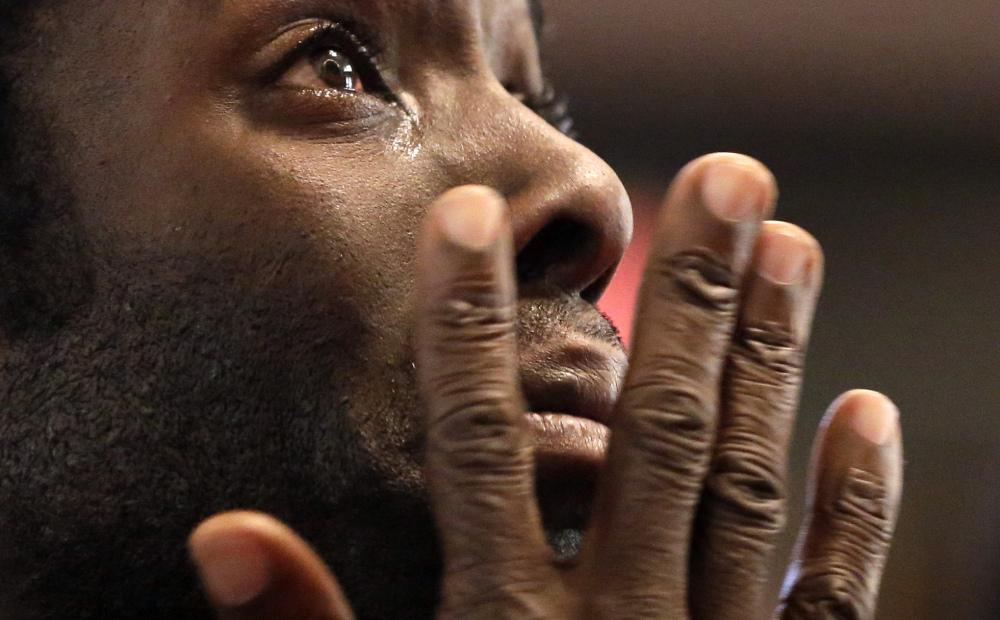 James 2:23
James 2:23
Thus the scripture was fulfilled that says, ‘Abraham believed God, and it was reckoned to him as righteousness’, and he was called the friend of God.
James now brings his illustration of Abraham justified on account of his works to its climax. His obedience in the “binding” (Aqedah) of Isaac constitutes the fulfilling of Genesis 15:6 which says that “Abraham believed God, and it was reckoned to him as righteousness” (Episteusen de Abraam tō theō, kai elogisthē auto eis dikaiosunēn).
James cites the LXX version of this text, as Paul does in Romans 4:3; the two citations are identical, even including the added de. That both authors use the same text indicates its significance in early Christianity, although they are using it differently, as we noted in our comment on verse 21. Genesis 15 records a visionary encounter Abraham experienced, in which he is allowed to dialogue with God. Abraham complains: what is the point of God’s promise of blessing if he has no heir to pass the blessing onto? God leads Abraham to view the starry night sky and says, “See the number of the stars? So shall your offspring be” (v. 5). Verse six, then, is the verse cited by James (and Paul) about Abraham’s faith and his being regarded righteous by God.
Paul uses this text to show that Abraham was justified by God solely on the basis of his faith, prior to his receiving the sign of circumcision. James, however, in a manner not unlike that common in Judaism, sees in this statement “a type of timeless sentence written over the life of Abraham” (Davids, 129). That is, God’s justification of Abraham is not limited to this occasion, but is a summary of God’s attitude toward Abraham on the basis of his whole life. Indeed, Davids suggests that the deliverance Abraham (or more correctly, Isaac) received in Genesis 22, was a reward for his prior works of righteousness, understood in terms of hospitality and mercy (130). Although Davids’s first point has merit, his second seems unlikely.
In what sense, then, are we to understand the first part of James’s verse: “Thus the scripture was fulfilled that says…” (kai eplērōthē hē graphē hē legousa). The key term here is eplērōthē (“fulfilled”) which is sometimes used in the New Testament to describe an Old Testament passage finding its “fulfilment” in the New Testament. That is, the Old Testament passage may be seen (a) as a prophecy that has come to pass, or (b) as a text that has deeper meaning and more enduring significance in the light of the coming of Jesus. Neither of these possibilities fit the context here.
Moo suggests that James sees the Genesis 15:6 text “fulfilled” in Genesis 22 in terms of confirmation and validation. That is, Abraham was truly counted righteous by God on account of his faith in Genesis 15, and his subsequent obedience in Genesis 22 demonstrates the validity of this divine judgement.
The initial declaration of righteousness on the basis of faith is given its ultimate meaning and validity through the final declaration of righteousness on the basis a ‘faith that works’ (Moo, 114).
Like Davids, Moo understands James as citing the verse “as a ‘motto’ standing over all of Abraham’s life” (114).
McKnight’s view differs again. Noting that “fulfilled” can mean to “fill up” and so to have a similar sense to “perfected” in verse 22, he sees James referring not to the Scripture itself being fulfilled in Genesis 22, but to what the Scripture says being fulfilled. That is, it is Abraham’s faith that is fulfilled—perfected—in the test of Genesis 22.
Thus, the Aqedah brings to full completion the faith Abraham exercised in Genesis 15 when he complained that the promise of a child was unfulfilled. … The faith that trusted YHWH’s word came to completion when Abraham lifted Isaac to the altar (254).
This view does justice to both Genesis 15 and 22, as well as James. In Genesis 15 Abraham believed God’s promise that he would have a child, and through that child, an “astronomical” progeny. In Genesis 22 he offers that child to God still believing God’s ability to bring the promise to pass. Thus James is correct to see the two as linked: the faith with which Abraham trusted God and so was counted righteousness, was not perfected until it was tested. In this way, the statement of Genesis 15 refers not solely to the trust of that chapter, but indeed stands as a declaration over the whole of Abraham’s life, and so includes the works which are the expression of his faith.
“And he was called the friend of God” (kai philos theou eklēthē). Again James draws on Jewish tradition generally, and two Old Testament texts specifically (2 Chronicles 20:7; Isaiah 41:8) in which Abraham is described as God’s friend. In the first text Jehoshaphat ascribes the term to Abraham (perhaps remembering the covenant ceremony of Genesis 15?). In the second text, God himself refers to Abraham as “my friend.” James’s use of the image of friendship in this context clearly shows that justification should not be understood in merely judicial or legal terms. To be counted righteous is to be brought into a right relationship with God not simply in a legal or judicial sense, but to be brought into a kind of relational closeness and fellowship with God that is best described as friendship. Again, Scot McKnight is helpful here:
To be God’s friend is to be in the people of God…, to be in the right, to be saved, and to be a person who in fellowship with God lives out the life God designs for those on earth (255).

 Last week we studied the first six verses of this psalm
Last week we studied the first six verses of this psalm